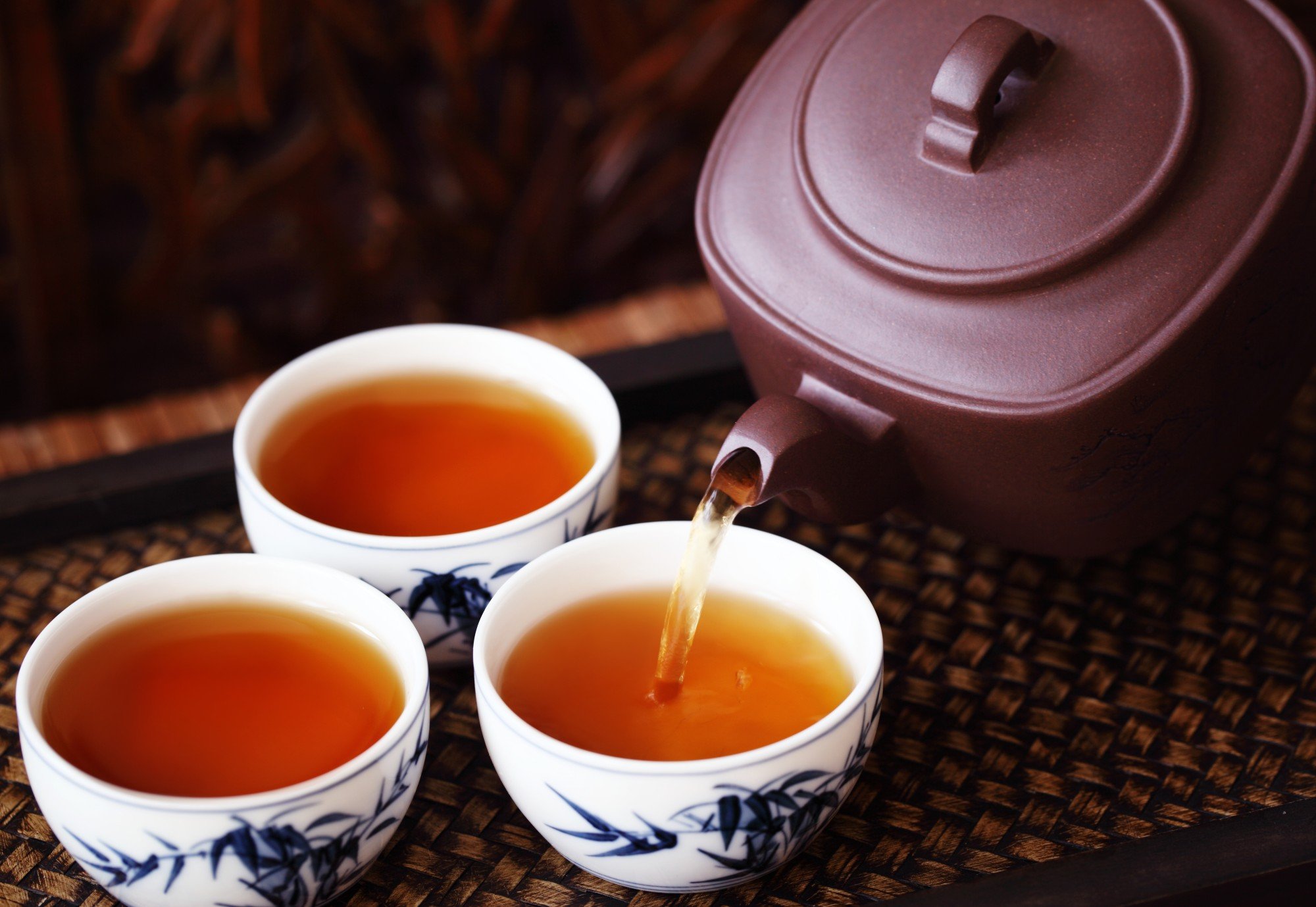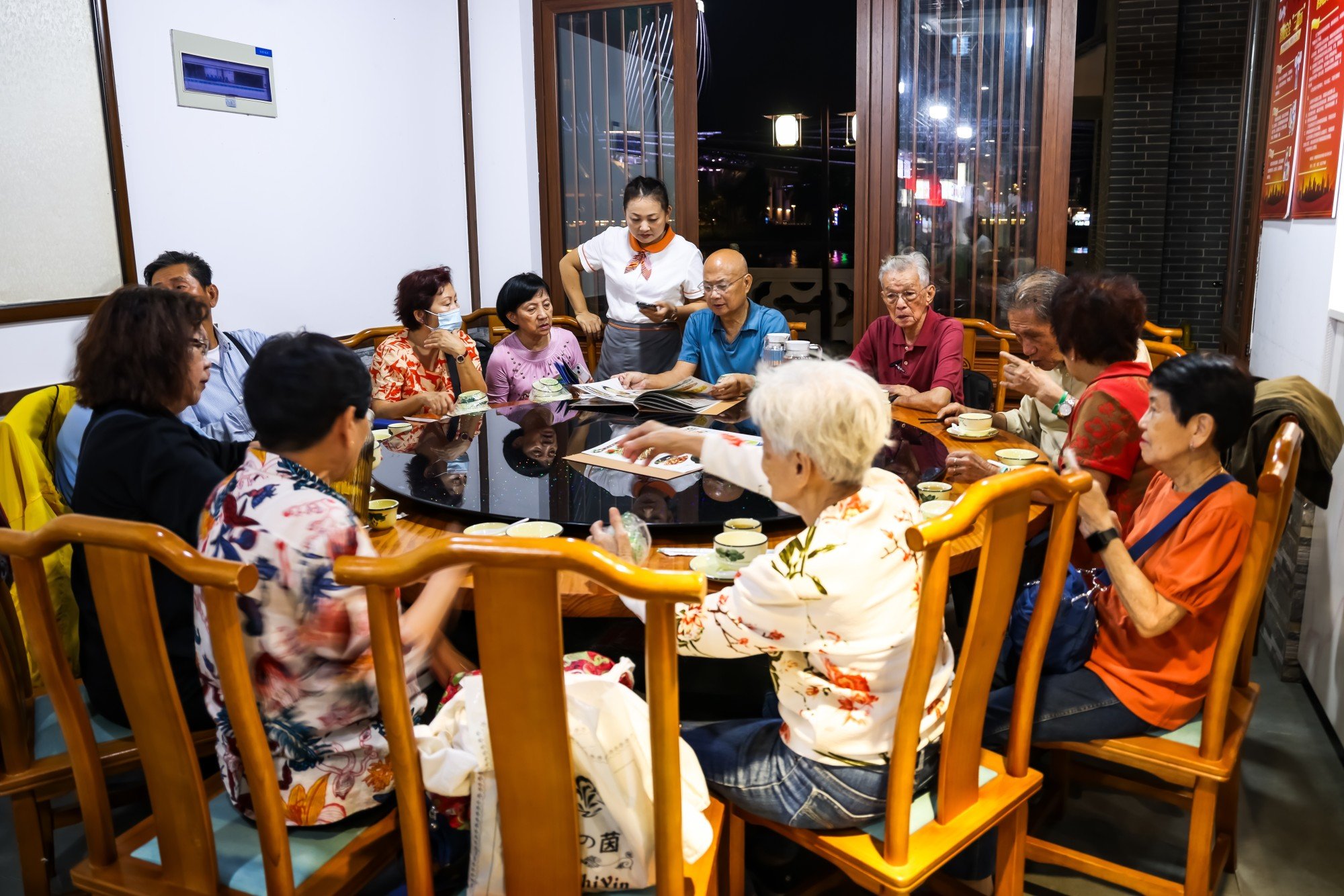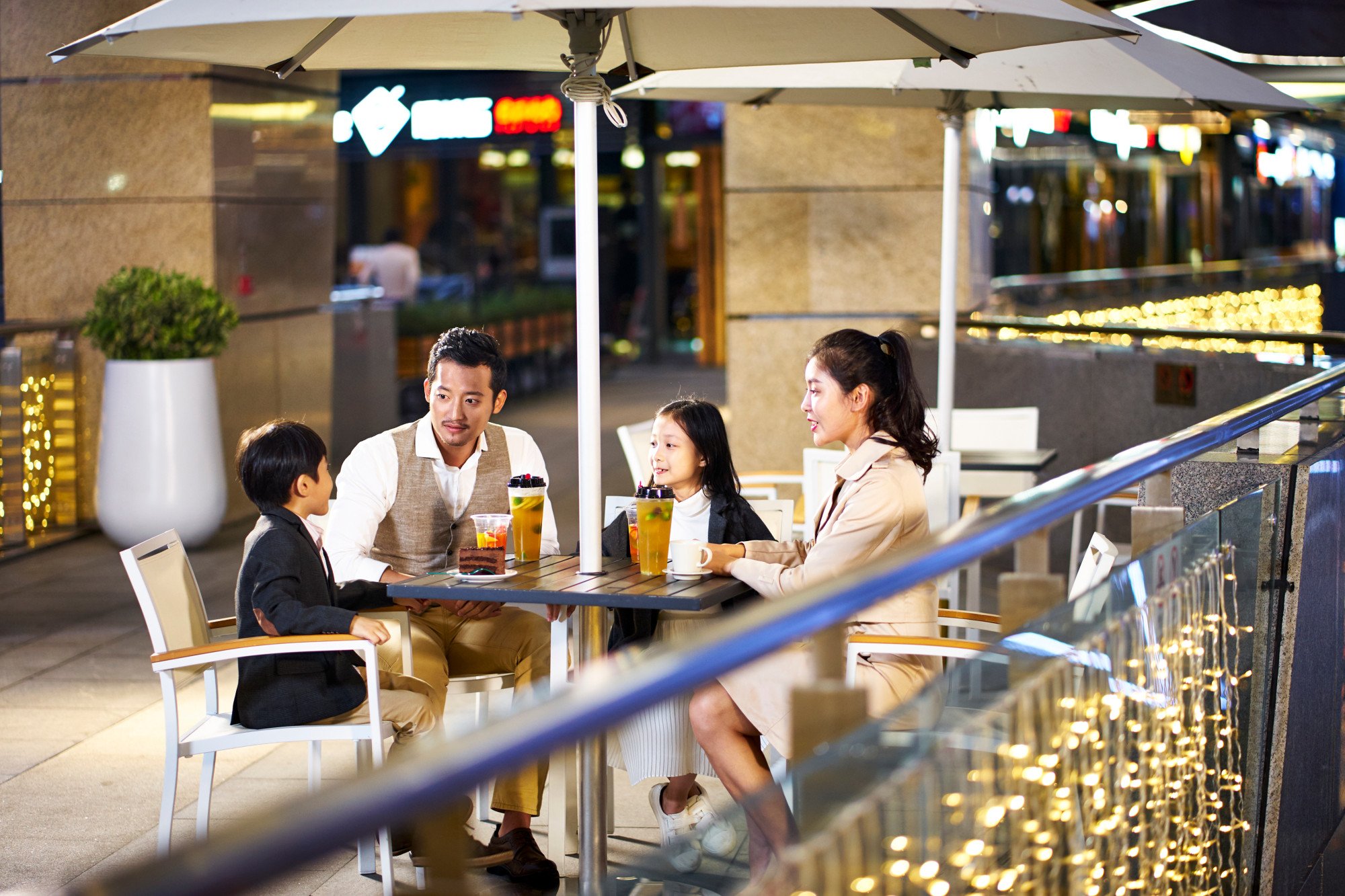
China has some unusual yet significant etiquettes regarding the treatment of guests. If you find yourself feeling apprehensive about how to treat a Chinese guest or about being a guest at a friend’s home in China, here are some helpful tips to navigate the experience like a local.
Less tea, more wine
It is considered courteous for the host to serve tea in cups filled to about 70 per cent, food in bowls filled to about 80 per cent, and wine served to the brim.
Do you have questions about the biggest topics and trends from around the world? Get the answers with SCMP Knowledge, our new platform of curated content with explainers, FAQs, analyses and infographics brought to you by our award-winning team.
This custom stems from ancient practices when tea was typically served hot. Not filling the cup completely is a thoughtful gesture intended to prevent the guest from spilling hot tea and potentially injuring themselves.

Moreover, a host refrains from giving a full bowl of rice to avoid making the guest appear excessively hungry or greedy. In contrast, as wine is generally more expensive than tea, a full cup of wine is served as a gesture of hospitality.
Politeness overload
You may have heard that when food or tea is presented, guests are expected to refuse several times, while the host persistently insists until the guest finally accepts.
This practice remains prevalent among older generations, though younger Chinese people tend to prefer a more straightforward approach.
Seating order matters
The most honoured guests are always seated furthest from the door, symbolising the respect the host holds for them, while the host occupies the seat closest to the door.
Practically, this arrangement allows the host to assist waitstaff in serving food while enabling the guests to enjoy their meals without distraction.

Some restaurants in China even prepare extra tissues for the guests of honour, adhering to the custom that guests begin eating once the dishes are served.
Never enough
The Chinese dining table is a unique setting where speaking with a touch of humour is appreciated. When the host enquires if the food is sufficient, they may not take your “yes” at face value. This often leads them to interpret your “enough” as a cue for “more”, prompting further servings.
A practical tip to address this is to leave a small amount of food on your plate, signalling to the host that you are truly full.
Fuitful visit
It is customary for hosts to treat guests with fruit, while guests often bring fruit as a gift. However, several unwritten rules govern this tradition.

For instance, guests should avoid bringing pears, as the word for pear is a homophone for “splitting”. Additionally, presenting fruit in multiples of four is frowned upon, as the number four is associated with death in Chinese culture.
Hosts demonstrate their respect by serving fruit like grapes or lychees with stems intact and providing full slices of watermelon rather than smaller pieces, symbolising abundance.
Interestingly, some analyses suggest there are scientific reasons behind these beliefs, as fruit served with pedicels and whole slices indicates freshness.
Value beyond praise
While it is generally polite to compliment others’ children, this unwritten rule shifts when visiting a Chinese friend’s home.

This practice arises from a cultural tendency towards modesty; when you praise their child, the host often responds humbly, stating that their child is not as remarkable as suggested.
However, this modesty can sometimes come across as negative, potentially impacting the child’s self-esteem and leaving emotional scars.
On Chinese social media platforms, many young individuals share their experiences of trauma stemming from their parents’ “belittling” comments in response to praise. As one user expressed on RedNote: “I don’t understand why some Chinese parents react negatively to compliments about their children. They could simply accept them graciously.”
More from South China Morning Post:
- Chinese woman, 103, dies after 80-year wait for husband who worked abroad
- China teenagers detained for peeing in eatery hotpot, posting video online, sparking outrage
- China woman surviving cliff fall caused by husband, reveals IVF newborn has heart disease
- China woman and friend save crash driver, share story with shop boss who turns out to be dad
- ‘Fearless’ China boys make history, achieving Top 4 at renowned France street dance contest
For the latest news from the South China Morning Post download our mobile app. Copyright 2025.










































